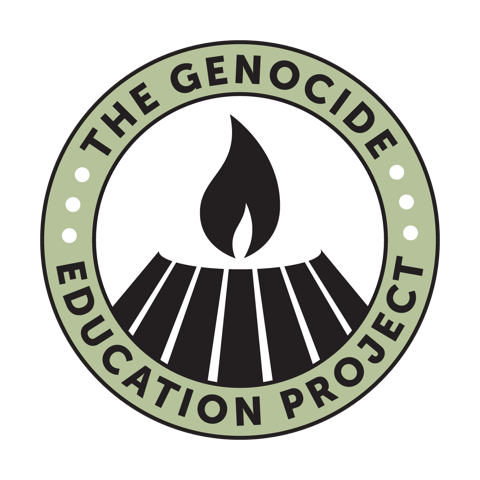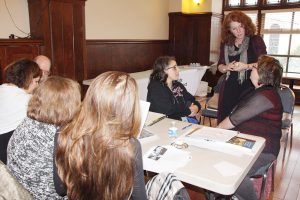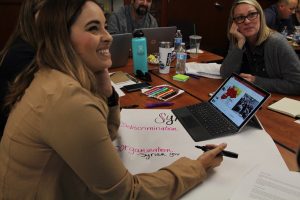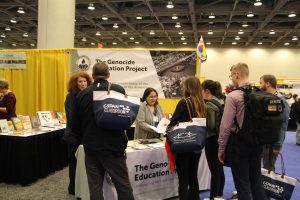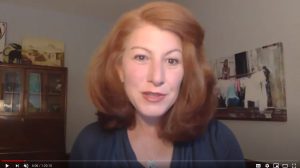Professional Development
The Genocide Education Project delivers professional development workshops on various aspects and methods of teaching about human rights and genocide, the common stages and parallels between genocides, and the Armenian Genocide as a case study.
GenEd Teacher Fellowship Program in Armenia
The GenEd Teacher Fellowship Program in Armenia provides intensive professional development for teaching about human rights and genocide, with a comparative examination of examples of genocide, and a particular focus on the Armenian case. Details here
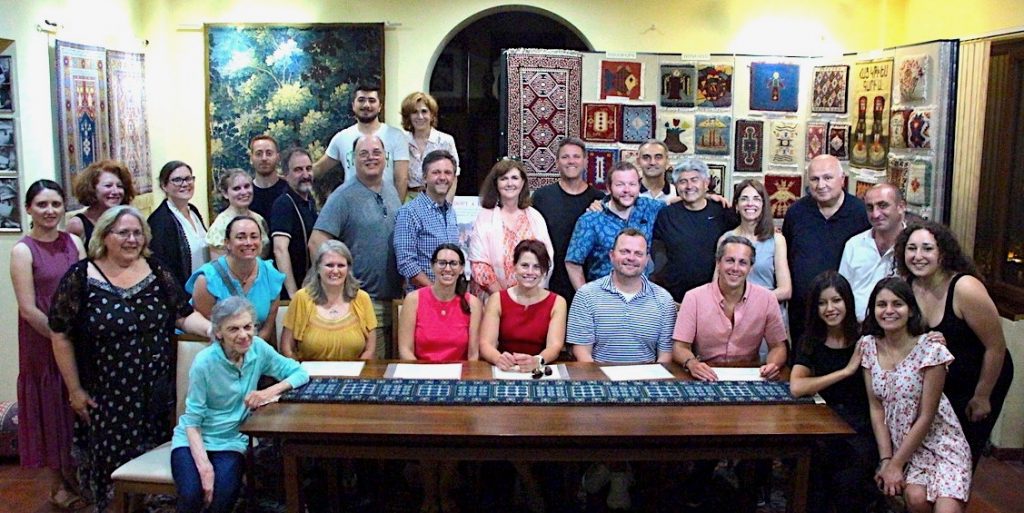
Workshops
GenEd’s full-day workshops include background information on human rights, the phenomenon of genocide, its definitions and stages, the history of the Armenian case and parallels with other genocides, teaching methodology, and interactive lesson development. Participants receive numerous multi-media teaching materials. Workshop length, agenda, and budget varies commensurate with district/school administration and educator needs.
“I thought it was great and I really appreciated the insight into the Armenian Genocide and how it sets the stage for all the genocides to follow. We’re not doing it justice when we don’t teach it as part of our WWI instruction, even if we do teach it as part of a separate genocide theme unit.” – Jonathan Mikulas, 10th grade World History, Frisco, TX
Conferences
GenEd participates with workshop sessions and an exhibit booth in the annual conferences of the National Council for the Social Studies and its regional/state affiliates.
Webinars
GenEd offers live and recorded video webinars providing a preview of the subjects covered in the full-day workshop or can focus on a more specific aspect of genocide. See these recorded webinars:
Brief History of the Armenian Genocide
Difficult Decisions in Dangerous Times
2020 Artsakh War and the Role of Genocide Denial
Consultation
Contact GenEd to explore workshop services, recommendations and guidance on genocide curriculum or local speakers who can share their family histories and personal experiences with students and educators.
